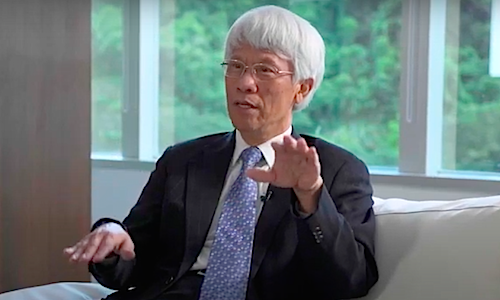The former head of the Hong Kong Monetary Authority spoke out about U.S. sanctions, calling the weaponization of financial markets a driver of de-dollarization.
During an online webinar organized by HKMA, its ex-chief Joseph Yam Chi-kwong said that Washington’s political efforts through financial markets could hurt the dollar’s status as a reserve currency.
«All these US tactics or moves are crazy and actually stupid, in my opinion,» according to an «SCMP» report citing Yam, who is also a member of outgoing chief executive Carrie Lam’s cabinet.
Chinese Sanctions
On sanctions against China, he likened them to capital controls on the free movement of currency.
«First of all they put restrictions on Chinese enterprises’ financing in the US, and stopped Americans investing in Chinese enterprises at the same time,» Yam said.
«These are like capital controls or restrictions on people to use the US dollar or the international financial infrastructure. I think the Americans are getting crazier in this regard.
Russian Sanctions
On Russia, he notes that there is a significant risk to the U.S. dollar as the global reserve currency of choice.
«Some countries, like Russia, are not allowed to use the international financial infrastructure due to some of the crazy U.S. tactics in the short run. The affected countries will come across troubles and inconvenience,» Yam said.
«However, if you look at the long term, I think there will be some major negative risk for the U.S. dollar as an international reserve currency.»
Yuan Internationalization
And on the yuan, he said China could increase its internationalization but does not think capital controls should be removed to aid the process.
«Mainland China needs capital controls to ensure financial stability so as to avoid speculative activities,» Yam said. «We should make good use of Hong Kong as an offshore [yuan] center. The [yuan] should be used more in capital markets, for example – stock market transaction settlements and other usages.»
Former U.S. President Donald Trump signed an executive order that led to the ban of American investments into 35 companies linked to the Chinese military and the Biden administration expanded the list last August with an additional 24 companies.





















